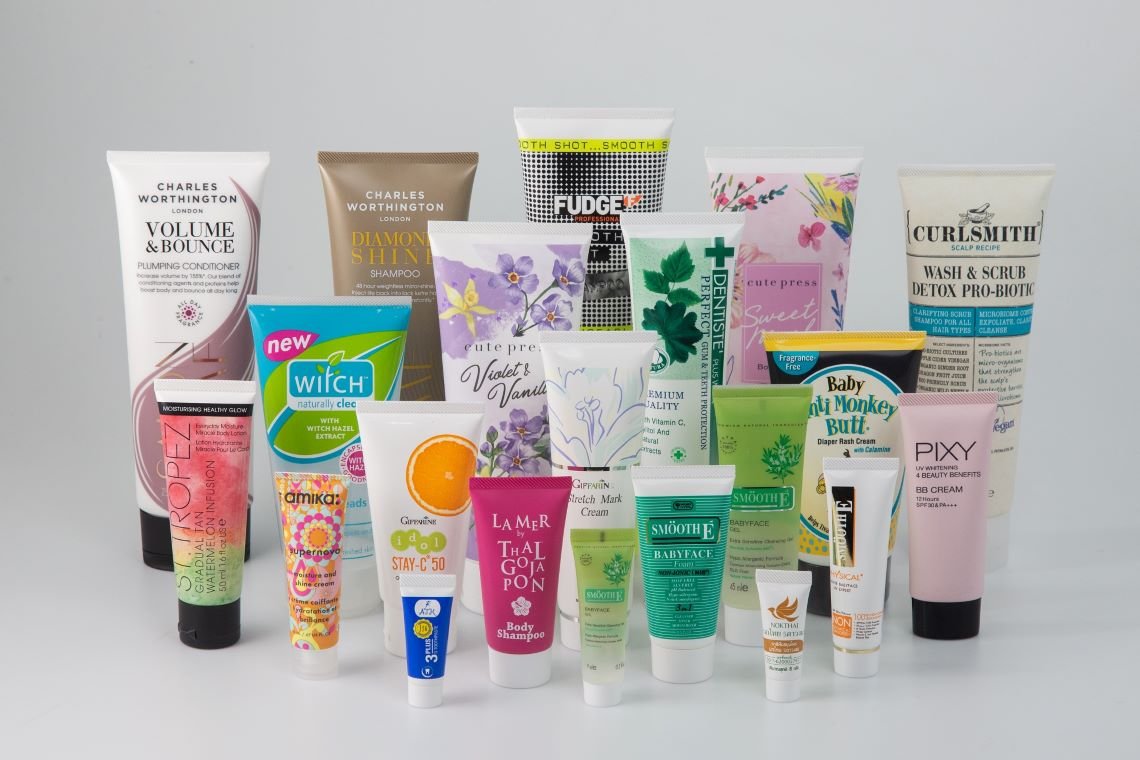Flexibility in Plastic Tube Packaging is Becoming Popular
Last updated: 28 Apr 2022 | 1588 Views |

Familiarity breeds trust. That’s what many manufacturers of quality products have discovered throughout the years. From car manufacturers to plastic tube packaging suppliers, companies that have consistently made good quality products have been rewarded with a level of trust from consumers that have allowed them the opportunity to experiment with and improve their products. This level of trust has led to some noteworthy advances in technology as well as advances in ease of use of many products.
Rigidity used to be a sign of quality in a product. Being "rock-solid" meant that the product was built to last. But then plastics became the material of choice for many products, and the thinking of engineers who designed and manufactured these products began to change. While plastic was a durable product, it was also flexible. And that flexibility came to be one of its main selling points.
Flexibility as an Asset
By the late 1950s, auto engineers were consumed by the public's demand for safer cars. The trend towards sleeker and faster cars had an unfortunate drawback though. When these sleek and fast but rigid cars were in accidents, they caused many deaths on the roads.
The thinking at the time was that building a solid car was building a safe car. At the same time, plastics were being introduced for non-structural car parts such as the backs of side-view mirrors and the insides of wheel wells. The engineers also considered plastic as a possible lighter replacement for the heavy steel and aluminium that structural car bodies of the period were normally composed of.
When car designers first thought about replacing some of the steel car parts with plastic, it was mainly to save weight. It wasn’t until the parts were put through the same type of crash tests that steel car parts were regularly subjected to that the designers noticed the flexibility and ability to bounce back from an impact. This is when engineers in the auto industry began to develop a new way of thinking and discarded the old "rock-solid" thinking for a newer flexible approach to designing and building safer cars.
These days flexibility is considered an asset and a safety feature. Cars are designed to absorb an impact rather than withstand it.
Plastic Introduces Flexible and Reliable Packaging
The lessons that engineers learned from the car industry, they applied to other plastics applications, including plastic packaging.
The big hurdle that the packaging manufacturers had to overcome for plastic packaging to be considered a reliable alternative to glass and aluminium was the breakage and leakage problem. While glass could shatter and the seams of cans could leak, plastic was an entirely new and untried material for the packaging industry.
They had to come up with a quick and durable method to make leak-proof packaging that would appeal to manufacturers and consumers. They settled on the extruded tube and later added the PBL tube which became the most adaptable shape for the packaging of the future.
Product manufacturers were sold on the benefits of the new type of packaging from the moment they first heard about it. Products were lighter, and this saved money on shipping costs. The packaging was also extremely fast and inexpensive to make. The only thing that needed to be demonstrated was whether or not the packaging would stand up to the day-to-day movement and handling that the tubes would be subjected to.
Thankfully, plastic tubes performed well with regards to their durability and flexibility. Consumers became the biggest fans of this new style of packaging. They could toss a container of shampoo inside a soft-sided bag and not have to worry about the contents of the package leaking all over their bag. The packaging became seen as almost indestructible.
The advancements that came along included full-colour printing on the exterior of the container and multiple-layer extruded tubes that increased the safety factor of food products packaged in the tubes. And with the creation of multi-layer tubes, the amount of plastic in each tube could be reduced by 20-25%, making them lighter and less expensive than before. Manufacturers and the all-important consumers were completely satisfied with the new flexible plastic tube packaging.
Victor Packaging Continues to Improve its Products
Victor Packaging is a plastic tube packaging supplier in Thailand that continues to advance its plastic tube packaging and its operations. They're finding new ways to increase the recyclability of plastic packaging and are currently reducing the carbon footprint of their operations to consume 70% less power at their six manufacturing facilities.
If you’re looking for a packaging partner that will stay on the cutting edge of plastic packaging innovation, contact Victor Packaging and find out how they can help your brand prosper.



